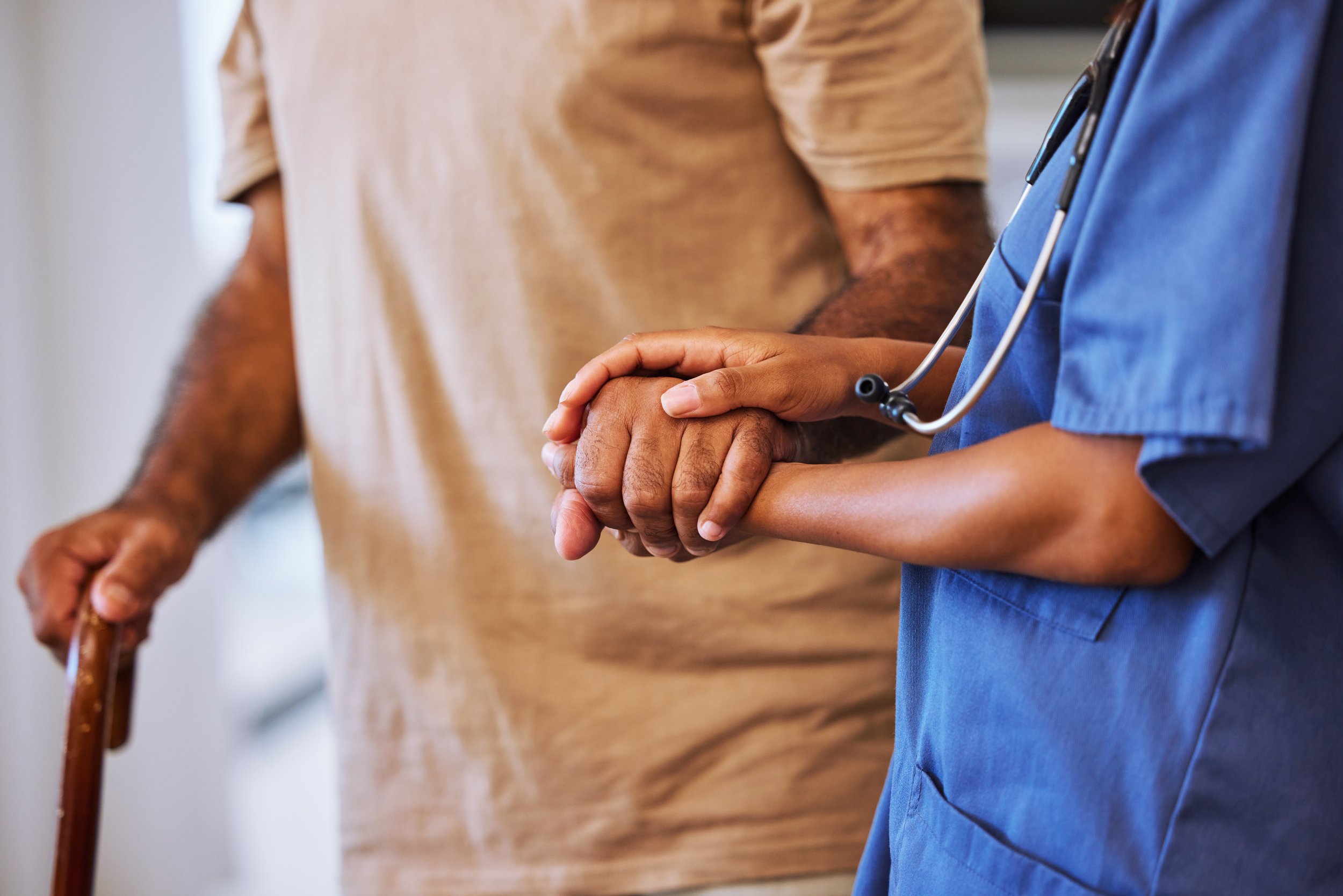Better Care,
Realized
Personalized support to manage chronic pain through our digitally-powered care management platform.
BehaVR and Fern Health join forces to unlock the value of digital therapeutics and digital care management as RealizedCare.
Experience better health.
RealizedCare brings personalized support to manage chronic pain through our digitally-powered care management platform.

Creating a Resilient World, Liberated From Fear and Pain
See how the RealizedCare care management platform can support your members
Access at Home or In-Clinic
RealizedCare works with health plans, employers and value-based providers to identify, assess and engage members through a fully managed solution.
We also offer our immersive programs, without the full care management system, to clinicians for their in-clinic use.

Our Process
Accessible and Affordable
Identify members
Identify and engage your members living with chronic pain.
Triage members
End-to-end member care plans and navigation.
Fully managed solution
Digital interventions guide members and escalate them to clinicians as needed.
Reduce costs
Maintain and improve function and quality of life reducing unnecessary care.
Realized outcomes
Routine data reports including member engagement insights and savings.
Continuous care
Members are welcome to extend their membership indefinitely.
Realize the future of pain relief.
Realize immersive VR possibilities.
Realize your full potential.








